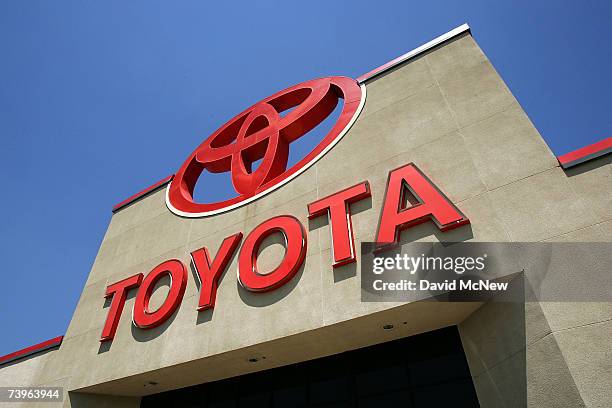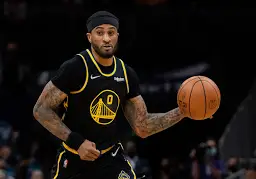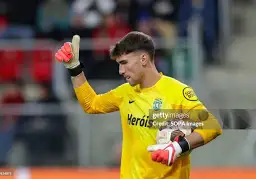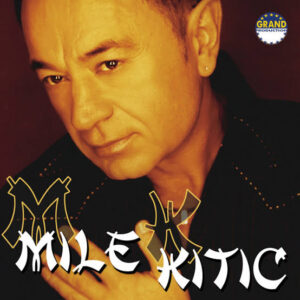
LOS ANGELES - APRIL 24: The Sun shines on the Toyota logo at the world's largest auto dealership, Longo Toyota, which enjoys continued strong sales after a record quarterly report for Toyota April 24, 2007 in El Monte, California. Japan-based Toyota has announced that it has overtaken American auto giant General Motors (GM) with worldwide sales reaching 2.35 million cars and trucks in the first quarter of 2007. GM announced its total for the same period was 2.26 million. As Toyota increased sales in every major market, GM gained market share in China but continued to struggle at home and in Europe and has never penetrated far into Japanese market. Toyota's achievement marks another milestone in the long decline of industrial dominance by U.S. car makers. (Photo by David McNew/Getty Images)
Márquez Career CRASHES: Two-Year Ban Rocks MotoGP!
The MotoGP world is reeling after Álex Márquez, the younger brother of eight-time world champion Marc Márquez, received a shocking two-year ban from all racing activities. The devastating decision, handed down by MotoGP officials earlier today, effectively sidelines the promising rider and casts a dark shadow over his future in the sport. While the specific details leading to the ban remain somewhat shrouded in secrecy, whispers of repeated incidents of reckless and dangerous riding have been circulating within the paddock for months.
The official statement released by MotoGP authorities cites a “consistent disregard for safety regulations and a pattern of irresponsible behavior on the track” as the primary justification for the severe penalty. Sources close to the investigation suggest that Márquez has been repeatedly warned about his aggressive riding style, which has allegedly endangered both himself and his fellow competitors. Several near-miss collisions and overly aggressive maneuvers during recent races reportedly contributed to the mounting concerns that ultimately led to the ban.
The severity of the punishment has sparked widespread debate within the MotoGP community. While some argue that the ban is a necessary measure to ensure the safety of all riders, others believe that it is an excessively harsh penalty that could prematurely end a promising career. Critics of the decision point to the inherently risky nature of motorcycle racing, arguing that aggressive overtaking and close racing are simply part of the sport. They also question the lack of transparency surrounding the specific incidents that triggered the ban, calling for a more detailed explanation from MotoGP authorities.
The two-year suspension will undoubtedly have a profound impact on Márquez’s career. At just 28 years old, he was considered to be a rising star within the MotoGP ranks, having secured podium finishes and demonstrated flashes of brilliance on several occasions. The ban effectively puts his career on hold, forcing him to miss two full seasons of racing and potentially jeopardizing his chances of ever returning to the top level of the sport.
Beyond the personal impact on Márquez, the ban also raises broader questions about safety standards and rider conduct within MotoGP. The incident serves as a stark reminder of the inherent dangers of motorcycle racing and the importance of adhering to safety regulations. It also highlights the need for MotoGP authorities to take a proactive approach to addressing reckless riding behavior and ensuring the well-being of all competitors.
The future remains uncertain for Álex Márquez. While he has the option to appeal the ban, the chances of a successful outcome appear slim. The two-year suspension is a significant setback, and it remains to be seen whether he will be able to overcome this adversity and return to MotoGP in the future. In the meantime, the MotoGP community is left to grapple with the implications of this unprecedented decision and reflect on the importance of safety in this high-stakes sport. Is this truly the end of the line for Álex Márquez, or can he find a way to rebuild his career and return to the track stronger than ever? Only time will tell.





